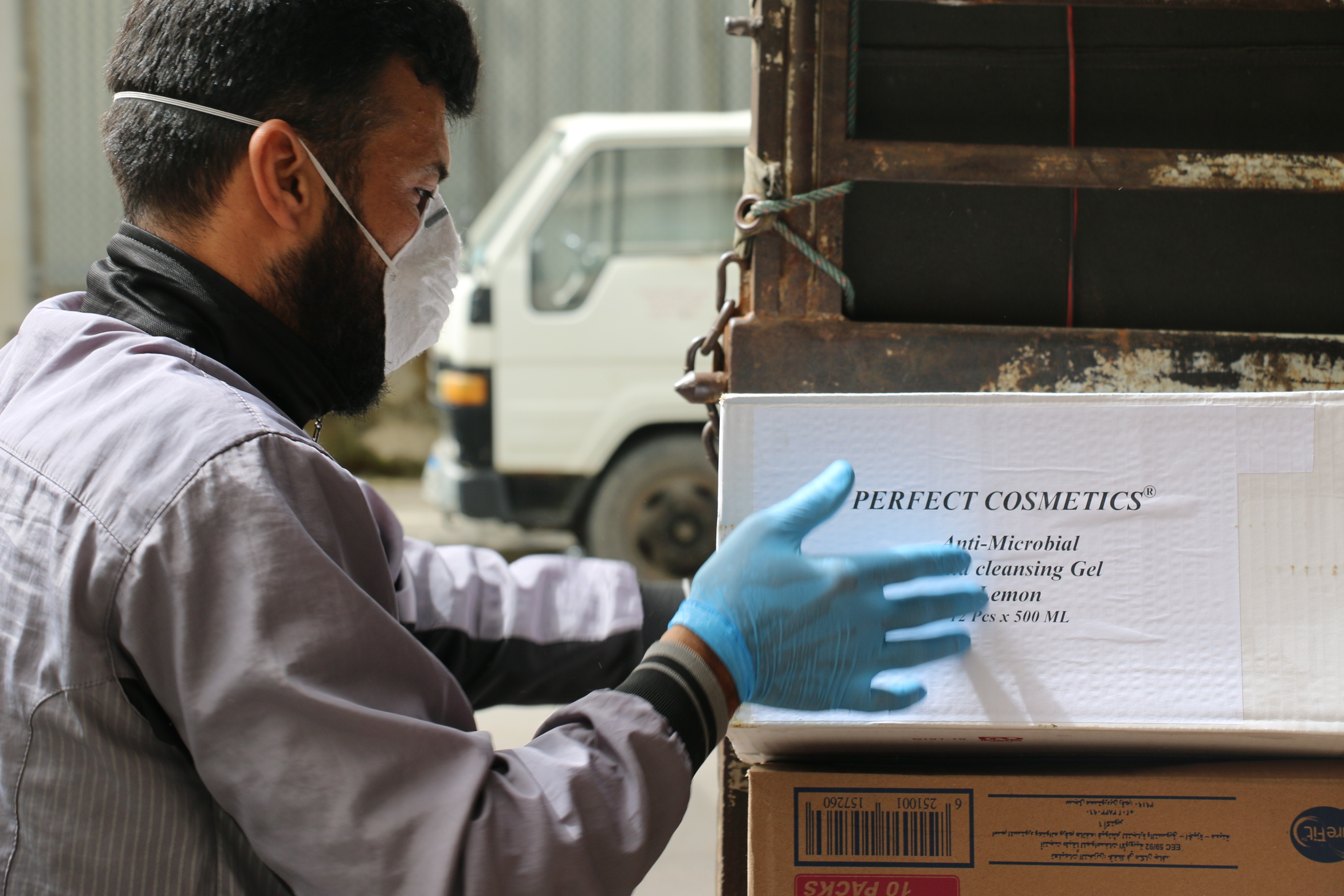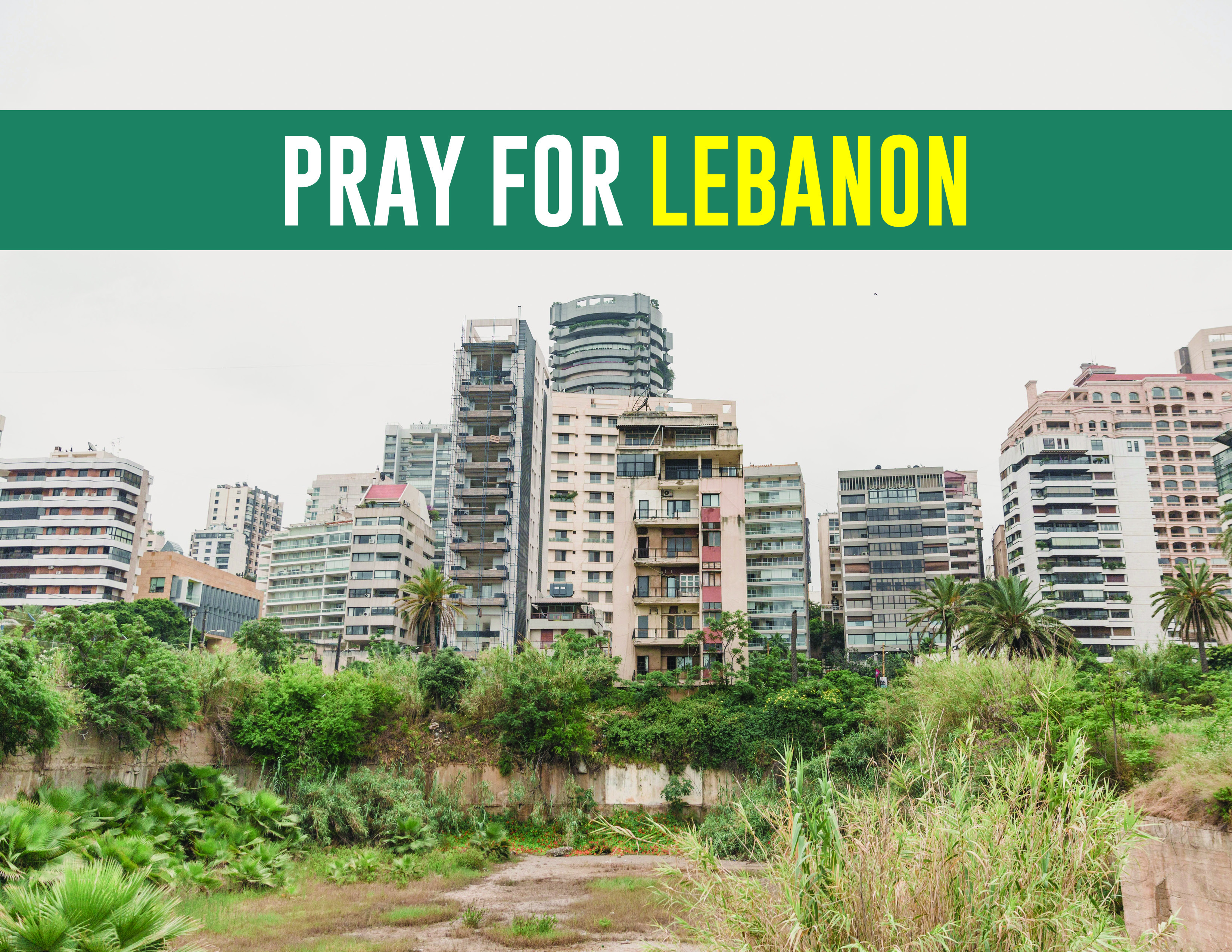
We Must Do Something
injustice
ethiopia
ireland
food shortage
crisis
humanitarian
faith
somaliland
food
food security
horn of africa
kenya
I recently read two news stories about food. In Ireland, only one story was a headline but both stories centred around access to food. Each year there is a report which identifies how countries rank in terms of food security. The 2022 Global Food Security Index1 ranks Ireland as number two, out of one-hundred thirteen countries assessed, in four categories that contribute to an overall score. Last year, Ireland was ranked as number one.
“Food security is defined as people having constant physical social and economic access to sufficient nutritious food that meets their dietary needs.”
The second story is about the lack of food in the Horn of Africa. Even though this region is on the brink of famine, a majority of people remain unaware of the crisis. Somalia, Ethiopia, Kenya are the countries within the region that is often referred to as the Horn of Africa. These countries are all facing severe food crisis – but the surrounding countries are in similar circumstances (Sudan, South Sudan, Eritrea, Djibouti, Yemen).
The below graphic illustrates the extent of the emergency that is happening now and how it is predicted to worsen over the coming weeks.
https://fews.net/horn-africa (accessed 22 September, 2022).
I find myself struggling to reconcile the tensions between these two realities. Ireland is a small population on a relatively small island. Yet we are one of the top in the world in our ability to access the food we need. That access may be a result of the rich agricultural and farming traditions across the island, and it may include our ability to secure reliable, secure distribution channels to import food. While this availability of food costs a substantial amount of money, we have confidence in our financial resources, procurement contracts and supply chains. But to be clear, the rankings are not just about the access to food. The other three categories considered are affordability, quality and sustainability. For a small, island nation, we should be pleased with our ranking in this report.
Yet I cannot help but feel we often take for granted our access to food. A quick look at the overstocked aisles of the local supermarket gives evidence of our expectation that the items we want will generally be available when we want it. At the same time, we, as a society, do not seem to have a problem with letting food go to waste. Whether from over-buying, throwing out left-overs or simply not eating the food before the ‘best before’ date we seem unconcerned with high volumes of food waste.
The teenagers in my house regularly hear me reminding them how fortunate we are to have access to so much food. My desire is to instil in them a sense of gratitude while helping them remain aware of the needs of others. But, when I observe them looking into a fully stocked fridge-freezer (holding the door open for extending lengths of time) and hear their mumbled expression of there being “nothing to eat”, I admit that, sometimes, my response is less than empathetic.
Yet, despite the ways we take food for granted, there is something in the Irish psyche that resonates when entire people groups are faced with food related crises. With intensely held memories of injustices in our not so distant past, we can easily find ourselves unleashing a visceral response toward any inequality around the provision of food - especially when those in power withhold food from the weak and vulnerable.
This deep-rooted conviction is sometimes expressed in an emotional response, “That’s not right!”. Other times, we have an empathetic reasoning, “How would I feel if it were me?”. But, almost always, the response leads to action, “I have to do something!”.
The more I see about the crisis in the Horn of Africa, the more I realise that I have to do something!
We must do something.
Tearfund Ireland is a Christian organisation, as such, our activity is premised on practical demonstrations of God’s love, justice and righteousness (Jeremiah 9.24), especially for those who are vulnerable and marginalised. Our vision is to see individuals and entire communities flourish without the hindrance of poverty or injustice. We believe that those who profess love for God have a responsibility to demonstrate that love through a love for our neighbour (Luke 10.27ff). With this mandate and motivation, we cannot ignore the millions of people who are living with chronic malnutrition and starvation. We must do something.
We must do something.
Reports such as the Global Food Security Index provide ample evidence that some countries have the resources to ensure affordable access to quality food, while other countries simply do not. But this isn’t merely a scorecard or meaningless statistic – at the other end of these rankings are real people. Parents who are doing everything they can to feed their children. People forced to leave their homes and property in search of food and water. Families migrating just to stay alive.
Ireland may be a small nation, but we are one of the wealthiest in food security. We cannot allow our own comfort to dull us to the plight of those in east Africa. We must learn more. We must allow ourselves to tap into that latent, visceral sense of injustice and speak up for those whose voices are not being heard.
We must act.
We must do something.
We must act quickly.
There are actions we can take now that will provide an immediate relief. Tearfund Ireland, along with other organisations, is raising money to provide emergency food aid and clean water for people in east Africa.
For the medium term, we are providing seeds for planting crops. We are also supporting natural, non-invasive forms of farming which increases crop yield.
For the long term we will continue to advocate with and on the behalf of vulnerable and marginalised people. We will raise awareness about climate action and the steps we can take to reduce our negative impact on the environment. And because we believe the work of development must involve the whole person to truly be sustainable, we will continue to work for holistic transformation and restorative relationships.
Importantly, we will continue to pray for God’s heart, intentions and will to be done on earth as it is in heaven (Matthew 6.10).
We must do something.
Sometimes, we don’t know what to do because the problems seem insurmountable; the needs feel overwhelming. But silence only empowers the systems which designed the problems. Yes, the challenges are big. Ultimately, change will require willing involvement from multiple governments.
But we can ask questions, inform ourselves and raise awareness.
In this digital age of everyone being connected, why are the stories about the food crisis (which are out there) not higher up on the global news agenda or in the mind of the public?
Why are stocks of food shipped to wealthy nations while low-income nations are left to fend for themselves or rely on international aid?
What role do I have as a global citizen – especially as I consider my purchasing habits and my fashion priorities? What responsibility do we have to ensure equitable treatment of all who are involved in the supply chain?
These may be uncomfortable questions to ask – but if we notice ourselves attempting to avoid them, we should reflect carefully on our reasons for this avoidance.
I believe solutions can be found. God has made wisdom available to all who seek it (James 1.5). Perhaps, with prayer, humility and some outside-the-box thinking we can innovate some creative solutions to these global problems.
[1] Economist Impact, supported by Corteva Agriscience. (2022) Economist Newspaper Group. [Online: Available at: https://impact.economist.com/sustainability/project/food-security-index] Accessed 28 September 2022.
Cover Photo: Misebo Micho displaying his maize grown using Conservation Agriculture methods he learned through local partners. Credit: Sophie Moreno, Tearfund Ireland
_RGB_AW.png?width=273&height=130&name=TF_Global_Logo_(Ireland)_RGB_AW.png)
